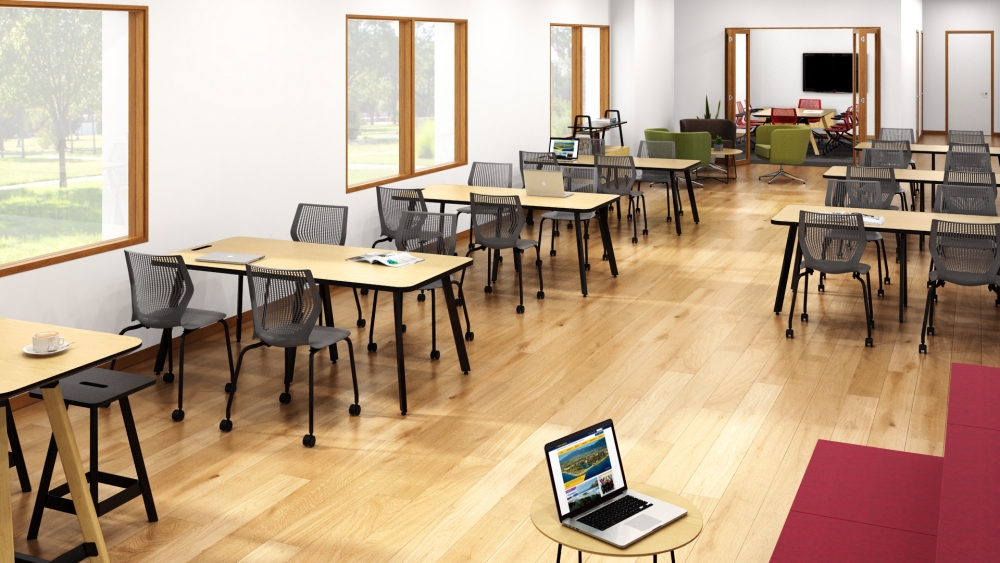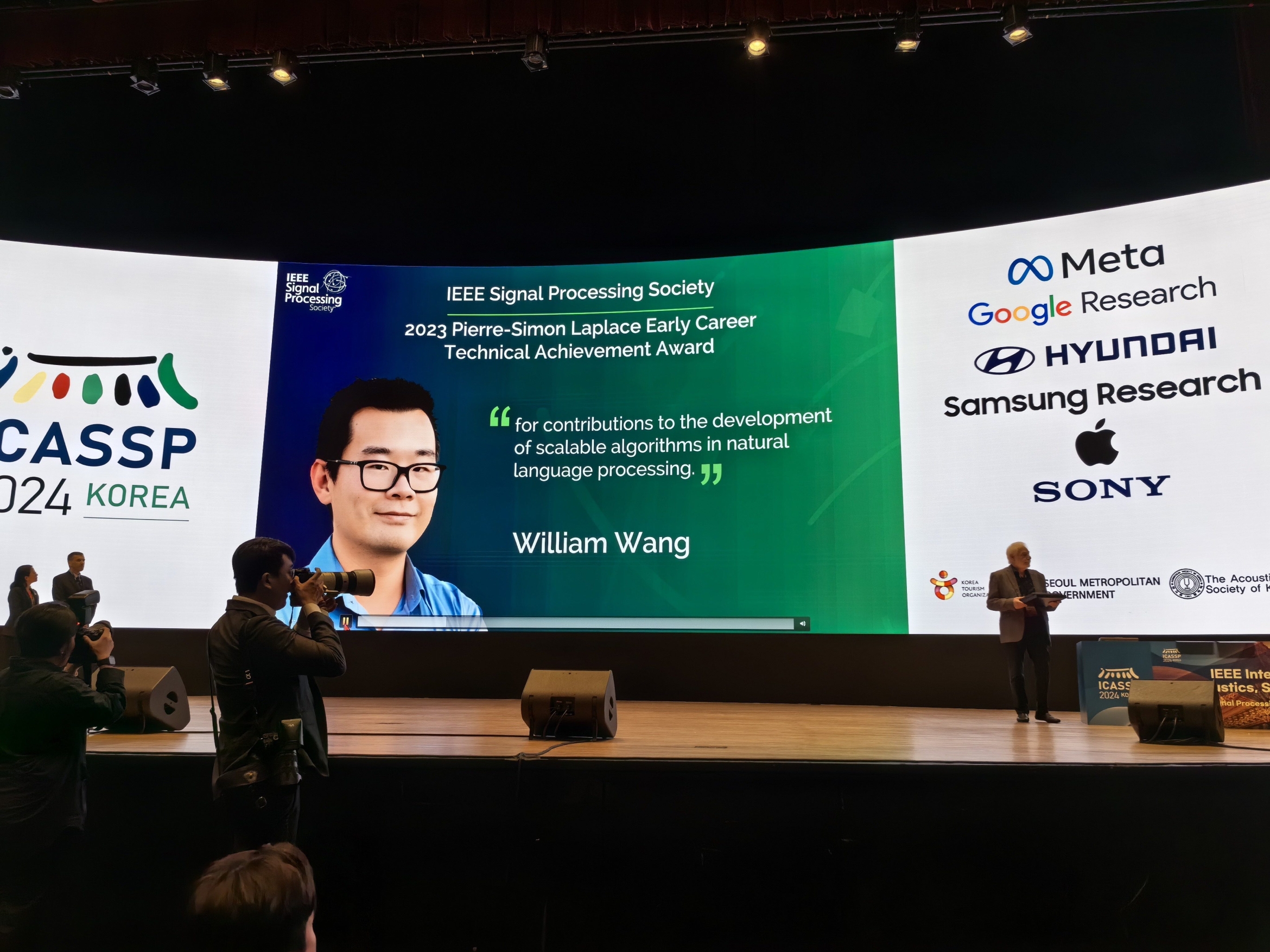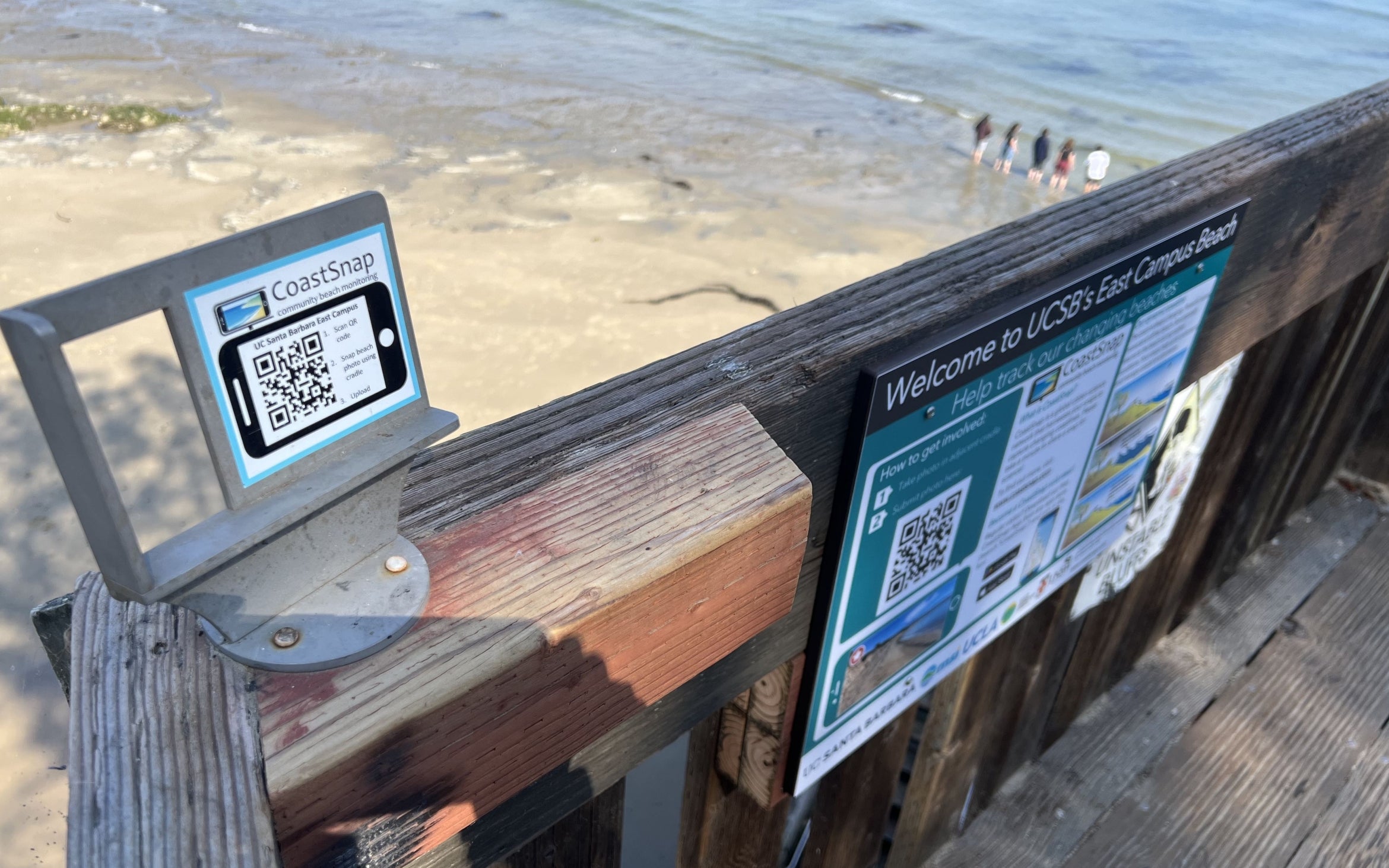
Engines of Opportunity
Drawing on its intellectual capital across disciplines and its proven record of startup success, UC Santa Barbara is moving full steam ahead on a host of programs all centered on innovation and entrepreneurship.
The initiatives are part of a larger University of California effort backed by the State of California through Assembly Bill 2664, the Innovation and Entrepreneurship Expansion. With $22 million in funding distributed evenly among the 10 UC campuses, the bill represents an investment by the state in infrastructure, incubators and education endeavors focused on innovation.
“By combining the one-time State funding with our strengths in science and technology, the diversity of our research and our willingness to collaborate, UCSB is ready to turn some of our best ideas into reality,” said UCSB Vice Chancellor of Research Joe Incandela. “I look forward to seeing the results of this effort, which may not only further our cutting-edge research, but also accelerate economic growth and provide tangible benefits for the community.”
Authored by Assemblywoman Jacqui Irwin, D-Thousand Oaks, and signed by Gov. Jerry Brown last fall, AB 2664 requires the University of California to “make one-time expenditures for activities to expand or accelerate economic development in the state in ways that are aligned with other efforts to support innovation and entrepreneurship.”
At UCSB, the campus program SEED-SB put several measures into play, providing resources for campus-based entrepreneurs to accelerate their startup ventures through grants and professional and business development training, as well as with software and equipment.
Among them is eco-entrepreneur startup EVmatch, a peer-to-peer network for sharing home electric vehicle charging stations. Using SEED-SB proof-of-concept funds to bridge a critical funding gap, founders Heather Hochrein and Shannon Walker from the Bren School of Environmental Science & Management, gained momentum with their effort to attract investors.
Another SEED-SB fund beneficiary is Nama Development, creator of Isomax, a material that is the first to achieve the performance predicted by theoretical bounds. Its founder, UCSB materials scientist Jonathan Berger, attended a SEED-SB workshop where he found his way into the National Science Foundation’s Innovation Corps, which helps transition technology concepts into the marketplace.
“We at the College of Engineering are deeply grateful for the state funds provided through AB 2664 to support innovation and entrepreneurship across the UCSB campus and the entire UC system,” said College of Engineering Dean Rod Alferness. “UCSB has demonstrated an entrepreneurial spirit since it was founded, and this visionary state funding is indispensable to student entrepreneurs at critical moments on their startup trajectories. It demonstrates the best of what enlightened government can do.”
Future endeavors include the establishment of a new startup incubator on the UCSB campus. Situated in Mosher Alumni House, The Garage, as it will be known, will serve as a dedicated space that provides UCSB students, faculty, alumni and affiliates a variety of resources to help them launch their new ventures. Programming in The Garage will include a summer launchpad accelerator, alumni and mentor support, and access to angel investors.
“We are thrilled to see The Garage incubator come to fruition, and are looking forward to our partnership with UCSB Alumni in further developing our local entrepreneurship ecosystem,” said Dave Adornetto, entrepreneurship director at UCSB’s Technology Management Program.
Meanwhile, the California NanoSystems Institute, an integrated research facility aimed at encouraging university collaboration with industry and making possible the swift commercialization of discoveries in nanotechnology and nanoscience, will use its share of AB 2664 funds to significantly expand its Technology Incubator. Nearly doubling its footprint, the incubator will feature additional fume hoods, wet-lab capabilities and supporting office space. CNSI also will establish a Makerspace facility to enable rapid prototype development.
“The expansion of resources offered by the CNSI Technology Incubator in combination with the facilities at The Garage and the programs they enable will have a significant impact on the success of startups coming out of UCSB,” Adornetto said.
UCSB’s accomplishments represent only a portion of the beneficial impacts that have come as a result of the Innovation and Entrepreneurship Expansion initiative. In a report sent to state officials, UC provided an update on the range of activities supported by AB 2664 funds across UC campuses. Some of the early results show that:
· AB 2664-funded programs supported nearly 400 existing companies and supported entrepreneurs in the formation of another 127 startup companies
· At least 47 products were launched with the support of AB 2664 programs, ranging from footwear made with sustainable materials to smartphone applications for managing campus parking
· Startups leveraged their experience and funding from AB 2664 programming to attract at least another $3.7 million in additional investment, helping them bridge gaps to commercialization
UC also leveraged AB 2664 to raise $11.1 million in matching funds from corporate and philanthropic sources, with more fundraising to come. As of Nov. 2017, campuses have received over $5.5 million in matching funds, with another $5.6 million committed.
For more information about innovation at UC, including UC’s new contest for alumni entrepreneurs, visit http://entrepreneurs.universityofcalifornia.edu.



